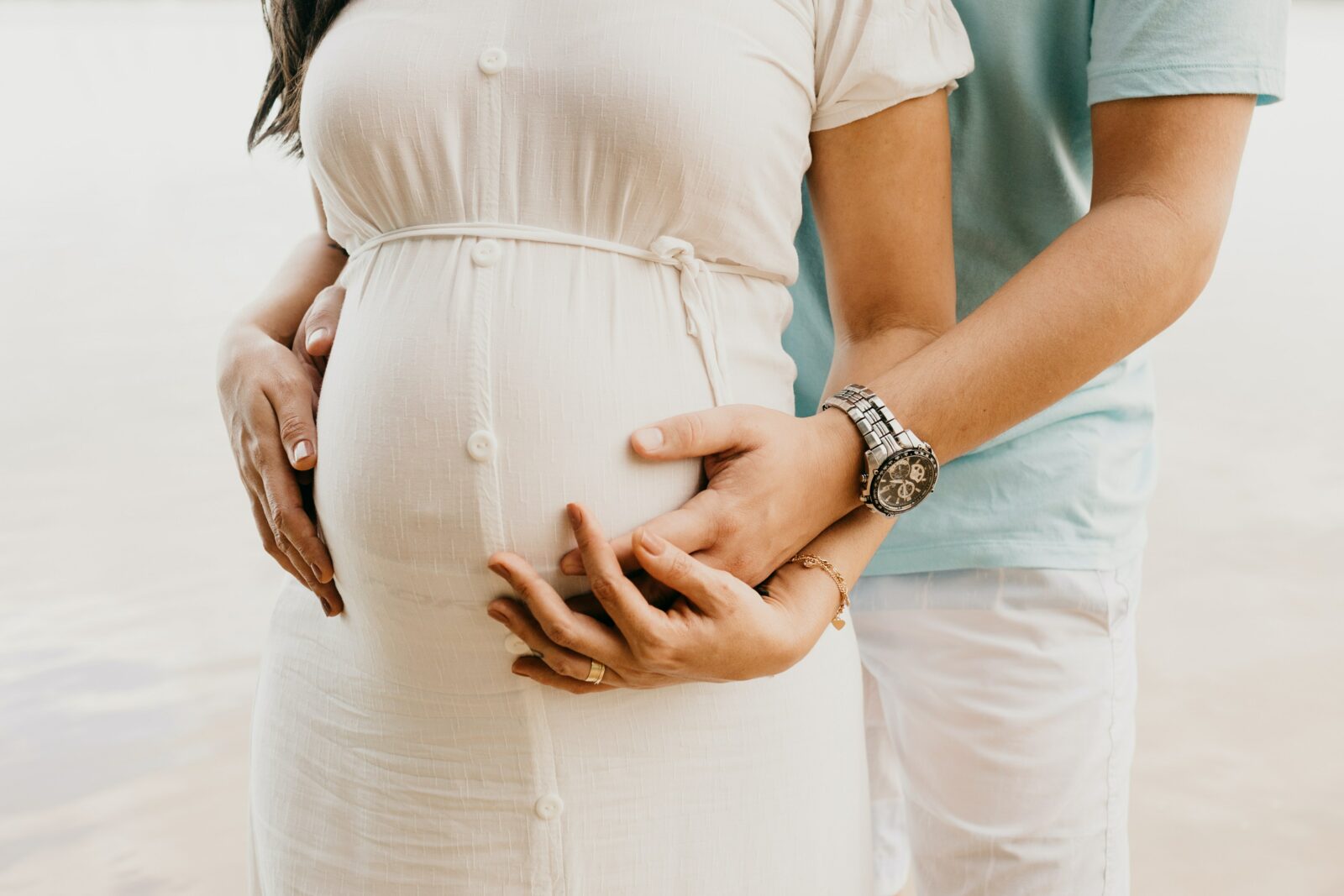
Getting pregnant results in a huge shift in your micronutrient and macronutrient needs. You need to eat right to ensure a healthy pregnancy, provide key nutrients to the growing baby, and avoid any risks of harm to the fetus.
It’s important to eat mindfully. Eating for two doesn’t mean eating twice the amount of food. It means choosing food wisely to ensure that you deliver the necessary calories, macronutrients, vitamins, minerals, and fluids to the baby.
Eating properly can help ensure the following:
- Brain development. Nutritional deficiencies may seriously impact the brain development of a fetus leading to long-term consequences. You need adequate protein, omega-3 fatty acids, glucose, iron, zinc, copper, iodine, vitamin B12, and choline.
- Organ development. You need vitamin D and calcium to support organ development. Deficiency in this vitamin and mineral may lead to lower fetal weight and a higher risk of fetal death.
- Proper birth weight. Some women restrict their calories to avoid gaining weight. However, inadequate calories may cause low birth weight for the baby. This can cause serious long-term problems for the child. Rather than consuming empty calories, make sure your food choices are high in nutrients.
- Mental health. Eating too many unhealthy foods during pregnancy may increase the risk of behavioral and emotional problems.
- Eating habits. Your own eating habits during pregnancy can impact your child’s future eating habits. It may contribute to a willingness to try new foods, or fussy eating.
- Long-term health. Research shows that your diet during pregnancy may impact your child well into adulthood. Inadequate maternal nutrition may result in chronic, adulthood illnesses such as hypertension, heart disease, heart attacks, stroke, and diabetes.
- Health of the mother. Let’s not forget your needs! Poor nutritional choices can increase the risk of morning sickness, fatigue, heartburn, digestive issues, and swelling. In addition, studies show that poor maternal nutrition may result in iron deficiency, anemia, high blood pressure, and pregnancy complications. A nutritious maternal diet can reduce the risk of gestational diabetes, preterm labor, and postpartum depression. Adequate zinc, vitamin D, and selenium is important for the prevention of postpartum depression.
What to avoid during pregnancy
You’re now focused on the right nutritional needs for you and your growing baby. But, are there any foods to avoid? Yes. You need to be just as mindful about what to avoid.
- Lunch meat and undercooked meat and seafood. Deli and lunch meats can sometimes be contaminated with listeria. This can cause an infection in the fetus and result in blood poisoning. Undercooked meat and seafood may increase the risk of toxoplasmosis.
- High-mercury fish. Mercury is toxic for everyone. High-mercury fish includes shark, king mackerel, tilefish, swordfish, and canned, chunk, light tuna. It can increase the risk of brain damage and developmental delays.
- Raw eggs. Raw eggs increase the risk of contracting a salmonella infection, which can cause stomach cramps, nausea, vomiting, diarrhea, and other gastrointestinal symptoms. This includes foods that contain raw eggs like uncooked cookie dough.
- Trans fats and processed vegetable oils. Trans fats and hydrogenated oils may raise your cholesterol levels to levels that can impact the weight of your baby. Avoid deep-fried foods, fast food, frozen pizza, some commercial baked goods, and many processed foods.
- Alcohol. Most prospective mothers have heard about the dangers of fetal alcohol syndrome. There are more reasons to completely avoid alcohol while pregnant. There is no definitive way to determine how much alcohol may cause lower birth weight or poor cognitive development. Thus, it is absolutely crucial to simply abstain during the entire pregnancy.
- Caffeine. One 2013 study suggested that drinking over 300 milligrams of caffeine while pregnant can result in problems. One average cup of coffee has approximately 75 to 140 milligrams of caffeine for reference. Green tea and black tea have caffeine as well. The greatest problem is that caffeine is a diuretic. You want to stay hydrated during pregnancy. One or two cups of coffee may be ok. Limit intake of other beverages that contain caffeine like energy drinks, sodas, chocolate, and other caffeinated foods or drinks.
- Gluten. According to a 2020 study, maternal consumption of gluten-containing products during pregnancy may raise the risk of childhood Celiac disease. Celiac is a common autoimmune disease.
What to eat during pregnancy
So what can you eat while pregnant? Look for nutrient-dense whole foods with plenty of macro- and micronutrients. Here are some specific recommendations.
Members Only Content
To continue reading please subscribe to WellnessPlus by Dr. Jess MD
Be your own best doctor with our comprehensive suite of online health coaching tools.
